”Young people are very critical and motivated, it’s just that they don’t agree with what has been called the politics as usual”, says Political Scientist Ferran Davesa. Davesa has found that there is a big gap between what the youth expect and their experience of the way society actually works.
Even though the 21st century youth are asking for the same things as any other social group – openness, inclusiveness and placing their concerns at the centre of the political agenda – their concerns have not been taken seriously by the adult leaders. This creates dissatisfaction with mainstream politics.
”Obviously, when you talk about social groups as such, you can never speak for everybody. But I have identified mainstream patterns and general trends, and I think that what has been defined as youth apathy is not the general trend”, Davesa notes.
Davesa is a Political Science researcher originally from Barcelona, currently working in the Institute for European Studies (IES) at the Vrije Universiteit Brussels (VUB). He will be a researcher in the Strategic Research Council (STN) funded ALL-YOUTH research project that will run from 2018 to 2023, creating comparative models of youth participation that could be easily transferred to different countries and political settings.
Exploring different forms of activism
Davesa has just finished his PhD research on how the EU conceives youth participation as a concept. The research found that when it comes to youth participation, the EU has mostly been adapting models that are best for the institutions themselves, but which are not the best options for the youth. This happens even though young citizens should be the priority for the future of the EU.
”Young citizens express a clear preference towards ‘new engagement mechanisms’. In my thesis I show how the Youth Strategy of the EU has scarcely focused on developing new models in that direction. ‘Digital Participation’ methods receive scarce visibility in the documents of the EU, and are poorly implemented. Instead, the European Commission, the Parliament and the Council conceive participatory initiatives such as the Structured Dialogue With Youth and the EU Youth Conferences from the rather elitist perspective of multistakeholderism and interest group representation.”
Davesa has found that the youth of today are embracing different ways of being politically active from the generations before them. Even if young people are reluctant to join traditional organisations such as political parties, they are engaging in more spontaneous and creative, often digitally mediated political action. Recent examples include the 15M movement in Spain, the Occupy movement or the Black Lives Matter in the US, and also the campaign for the same sex marriage in Finland, which combined ‘new action repertoires’ with a citizens initiative to achieve social change. This kind of activism is organised bottom-up, transcends geographical and cultural barriers, adopts the form of communication and solidarity networks and doesn‘t rely on traditional political and social elites.
”The youth change fast, whereas adult populations are more reluctant to change. Adults normally have more strong feelings towards the norms, values and believes that they acquired during their formative pre-adult years. Changing them is not something that they embrace as quickly as youth but require a substantial time lag.”
A new research project
The ALL-YOUTH research project aims to find new ways for young people aged between 16 and 25 years to influence their communities and the society as a whole. The project’s starting point is the observation that young people do not feel valued as citizens and their possibilities to influence the society are limited. This may lead to frustration and distrust towards society, and eventually damage the foundations of society. The project aims to create new solutions to make young people more active citizens through good governance, rule of law, digital innovations, sustainable development and bio-based economy.
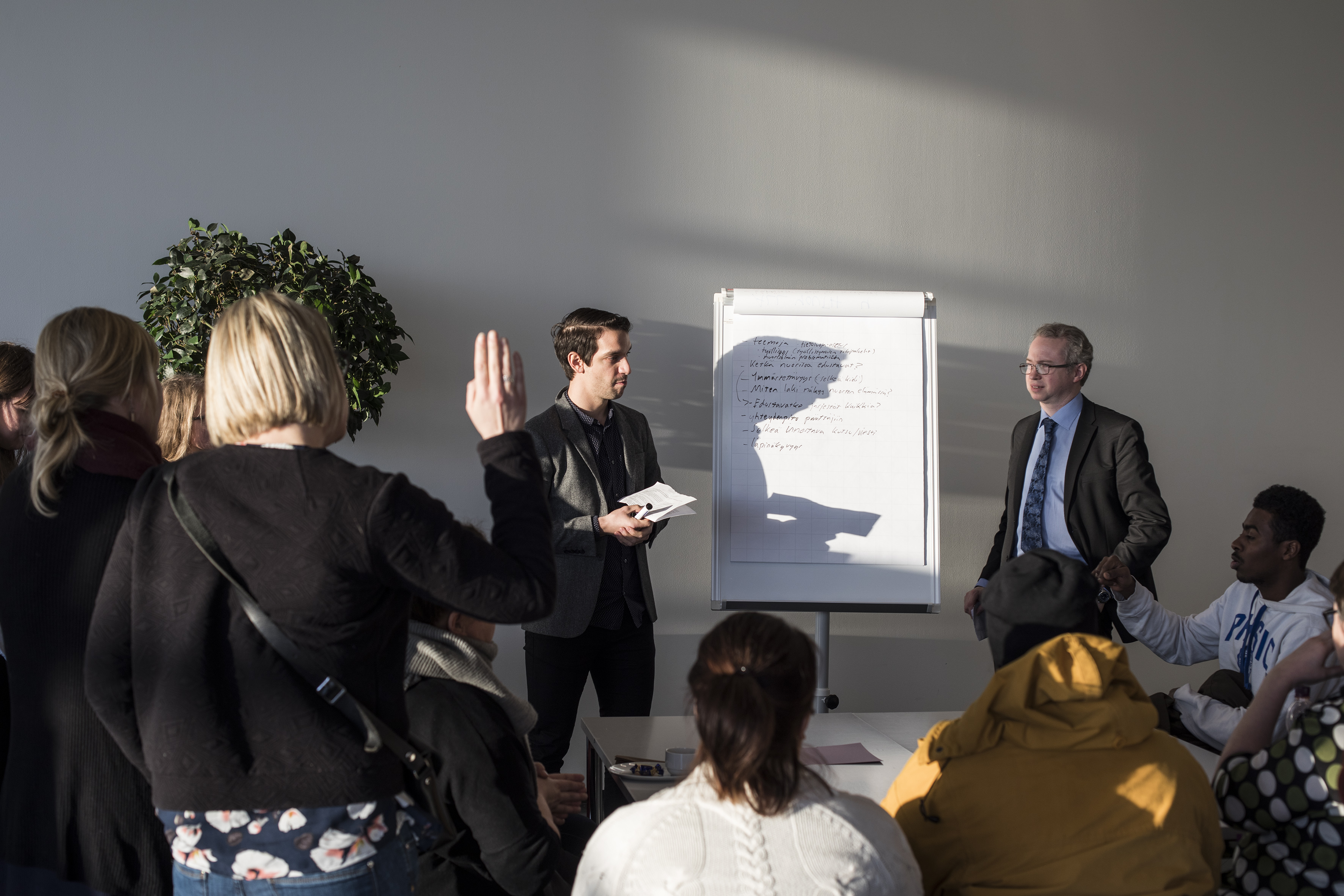
ALL-YOUTH is a multidisciplinary project that brings together researchers from University of Helsinki, University of Tampere, Tampere University of Technology, and University of Eastern Finland. From the Faculty of Management, there will be a research team concentrating on Human Rights Law and Constitutional Law led by Professor Jukka Viljanen.
Davesa thinks that the role of young people in shaping new societal values and policies in a post-industrial and postmodern society are crucial.
”Especially if we want to keep constructs such as the EU or even the global citizen, we need to listen to young people”, Davesa notes. He thinks that young people are quite critical of the way society is run.
”Now the question is, are the older generations aware of this? And even if they are, do they know how to make the youth feel more comfortable within the system?”
Davesa, who gave a presentation about his PhD research findings in the kick-off seminar of the ALL-YOUTH research project on the 16th of January is hopeful that the project will achieve real and measurable effects. The project will be structured as action research, and the academics are going to experiment with different ways of influencing society together with young people. The kick-off seminar included World Café workshops, where academics and young people discussed how to engage the youth into the research process. Also, ALL-YOUTH has already been one of the organisers of a development themed presidential panel discussion led by young students, where the candidates were asked about their plans to accommodate young people into societal decision making.
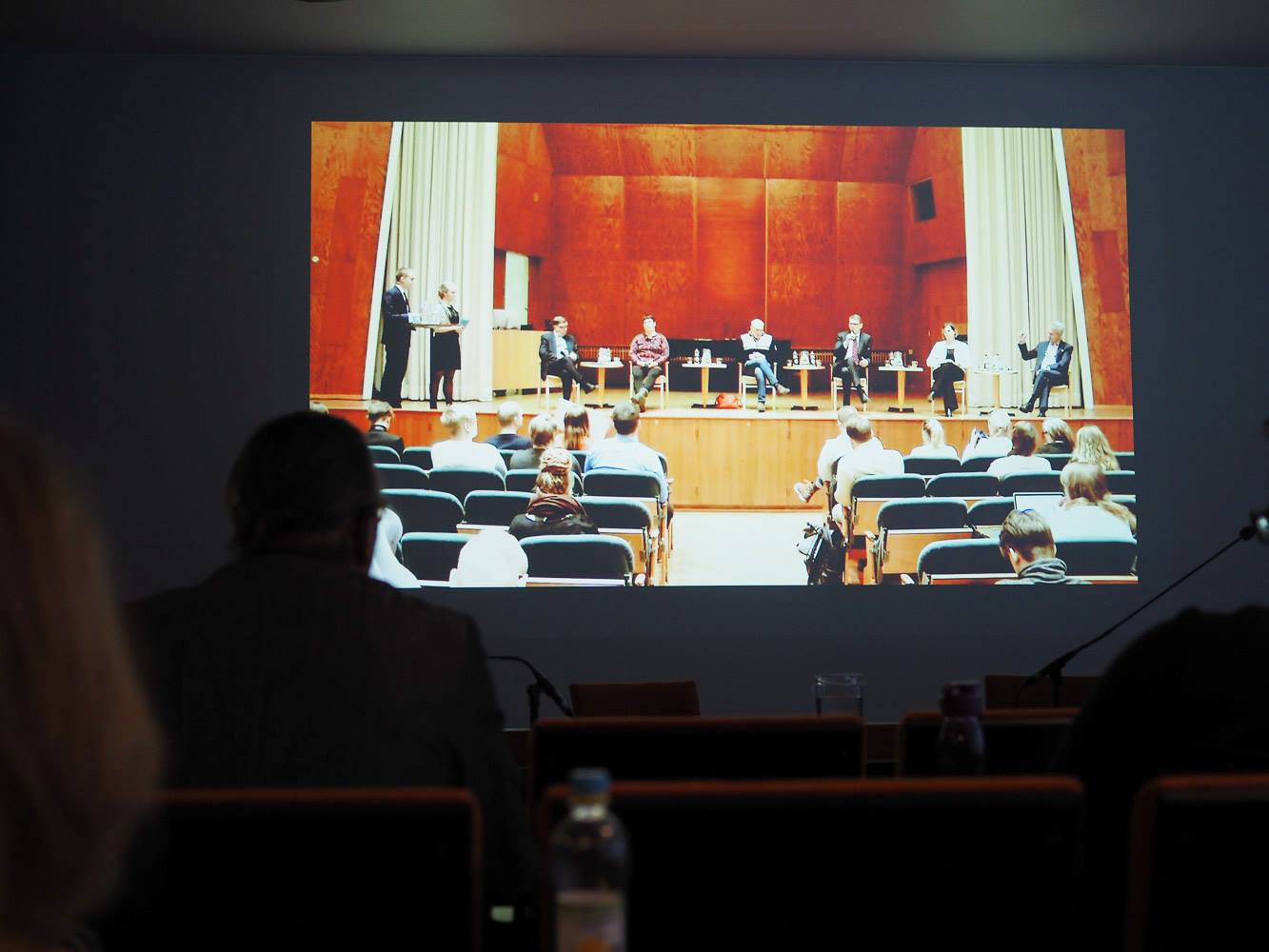
”I think there is a momentum. This is a project that’s really taking it seriously to make change possible, connecting different elements: academia, civil society and public and political sectors”, Davesa notes.
”Society gets more and more complex over time. If you’re analysing multi-level governance, this complexity creates a difficult scenario for the youth to be involved. With more complexity, we also need more complex solutions.”
Cover photo: Ferran Davesa giving a presentation at the kick-off seminar of the ALL-YOUTH project on Jan 16th at the University of Tampere. Photo: Saara Sivonen.
Read more:
What is Vaikuttaja? Read our opening post by dean Antti Lönnqvist

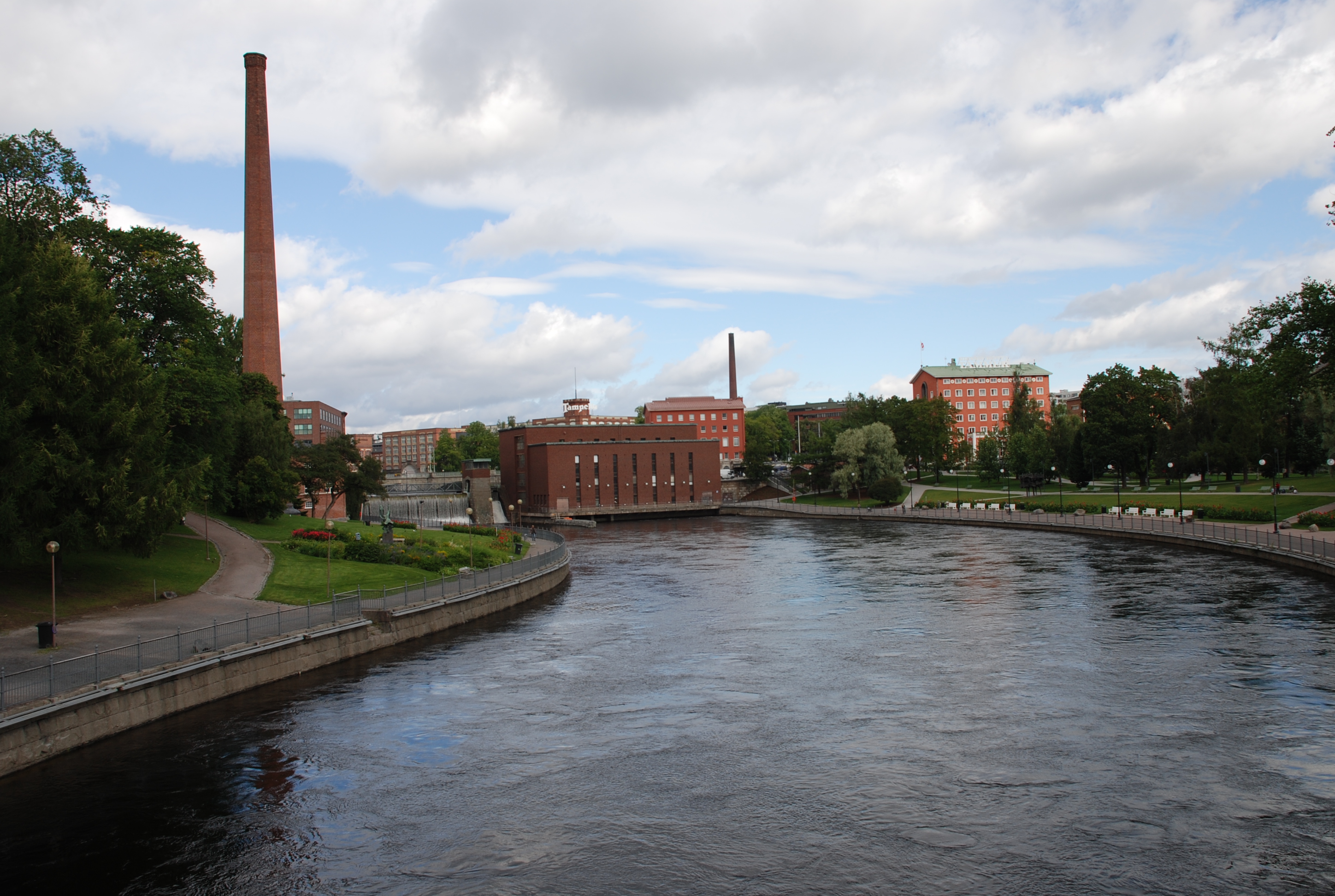
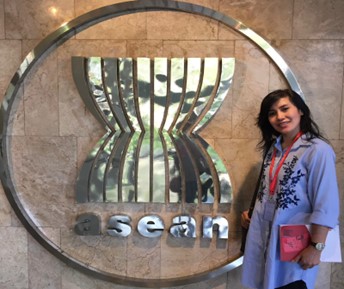

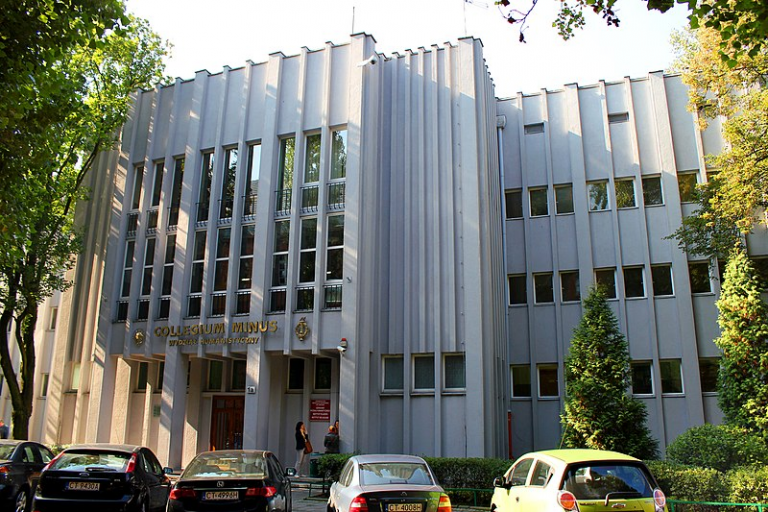
Kommentit